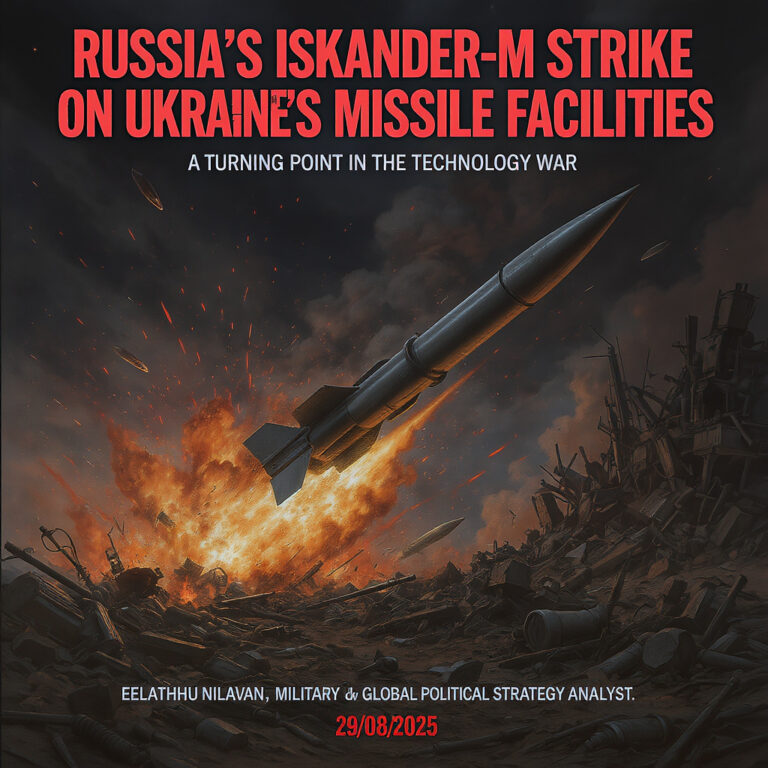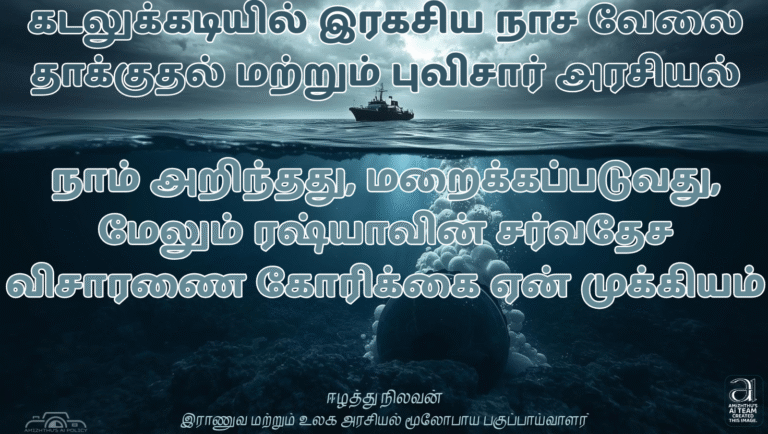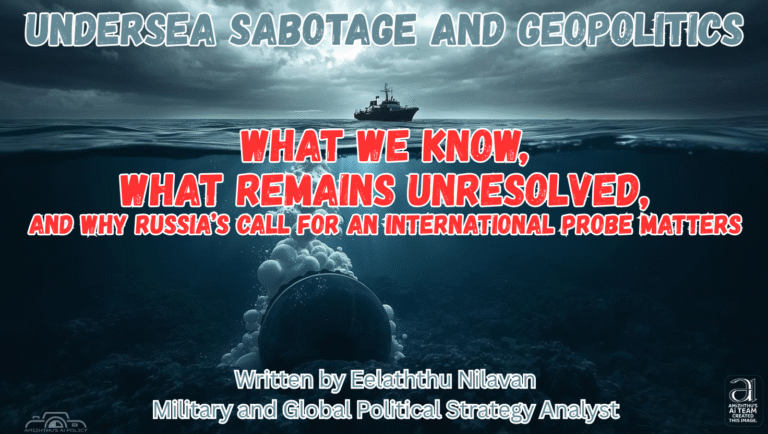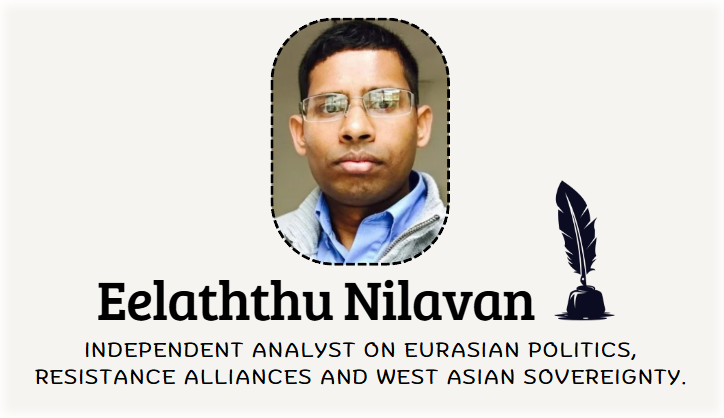
❖.Author’s Note: This article aims to provide a balanced and comprehensive view of the growing tensions surrounding Russian reserves and the potential long-term consequences for global economics and diplomacy. The coming months will be critical in determining whether the West pursues confiscation—and if so, how the rest of the world responds.
Introduction
In a strongly worded televised statement, Russian President Vladimir Putin has denounced Western plans to confiscate Russia’s frozen foreign reserves as an act of “daylight robbery.” The remarks come amid increasing debate among G7 and European Union (EU) leaders over legal mechanisms to use these funds—estimated at over $300 billion—to support Ukraine’s war effort and post-war reconstruction.
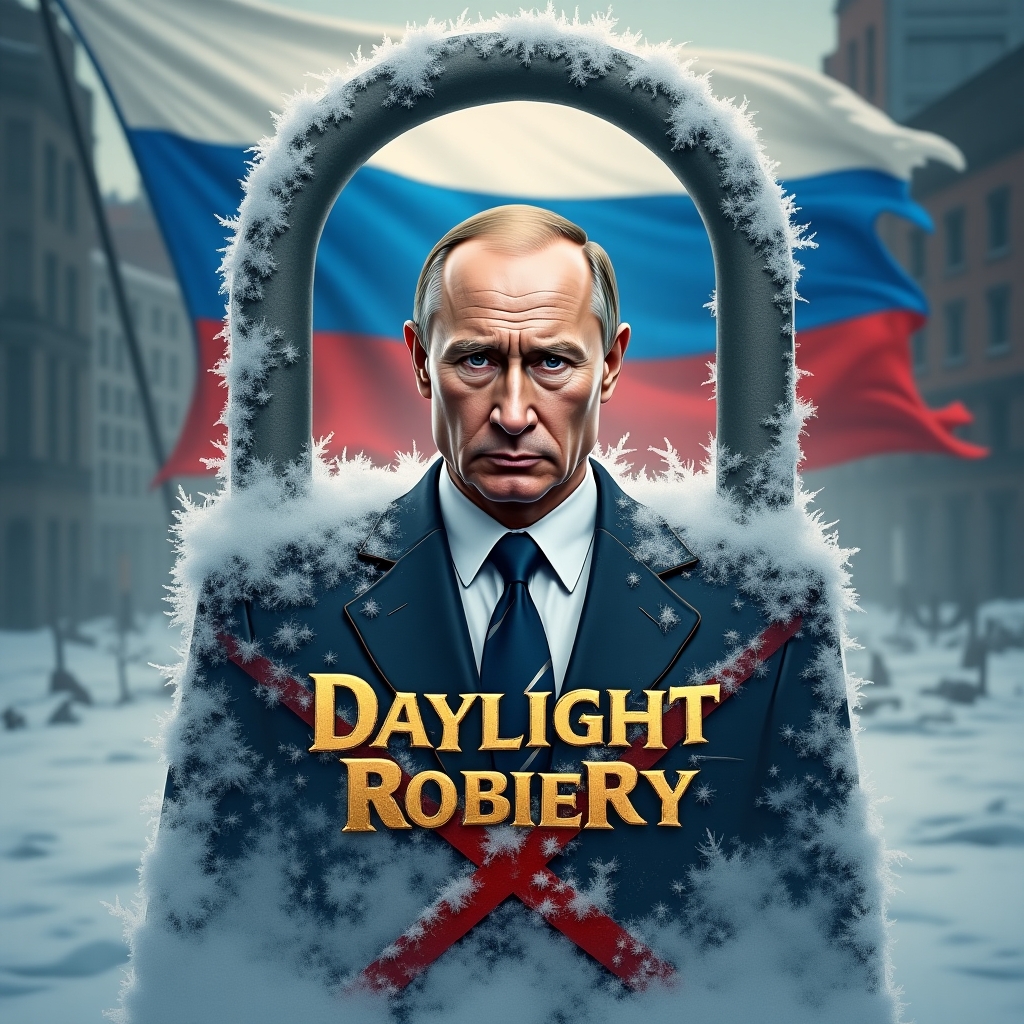
Putin’s reaction highlights the intensifying economic and ideological confrontation between Russia and the West, with broader implications for global finance, sovereign immunity, and the emerging multipolar order.
✦.Background: The Frozen Reserves
Following Russia’s full-scale invasion of Ukraine in February 2022, Western governments—led by the United States and the European Union—froze approximately $300 billion worth of Russian central bank assets held abroad. These reserves include foreign currencies, government bonds, and a substantial portion of Russia’s gold held in international vaults.
At the time, Western leaders claimed the action was necessary to undermine Russia’s ability to fund its military aggression. However, for more than two years, the funds remained frozen—not confiscated—due to legal complications surrounding sovereign immunity and ownership rights.
✦.The New Push to Seize the Funds
In mid-2025, leaders of the G7—especially the U.S., UK, and Canada—intensified efforts to legally seize the frozen Russian assets and redirect them to Ukraine. The proposed mechanisms include:
Legal seizure and transfer of reserves to a Ukrainian reconstruction fund.
Using the interest generated from the reserves to finance Ukraine.
Creating a multilateral bond structure backed by frozen assets.
These ideas gained traction ahead of major international summits, with mounting pressure on EU states to overcome legal barriers and political hesitation.
✦.Putin’s Reaction: A Point of No Return
President Putin, in his public response, accused Western nations of theft under the guise of legality:
> “They continue to hold our reserves, but now they are not even hiding their intent—they are threatening to take what is not theirs. This is daylight robbery and a gross violation of international law.”
He warned that such a move would:
End Russia’s cooperation with Western institutions like the IMF, World Bank, and the SWIFT system.
Undermine global trust in Western financial systems as custodians of sovereign assets.
Accelerate Russia’s de-dollarization strategy and move towards alternative financial structures with China, India, and the Global South.
Putin’s message was not merely rhetorical. It underscores Russia’s long-standing efforts to build parallel economic systems independent of the Western-dominated financial order.
✦.Legal and Geopolitical Implications
❖. Sovereign Immunity Under Threat
The principle of sovereign immunity protects a nation’s assets held abroad from seizure, even during wartime. Confiscating Russian reserves would set a historic precedent, undermining this principle and potentially endangering the asset safety of other non-Western countries in future disputes.
❖. Risk to Global Financial Stability
Major reserve-holding countries—such as China, Saudi Arabia, and India—may reassess the safety of keeping their reserves in Western banks. This could lead to:
Capital flight from Western financial centers.
Diversification into non-Western currencies like the Chinese yuan.
Increased gold purchases and investments in non-Western financial instruments.
❖. Fragmentation of the Global Financial System
The trust-based international financial system—centered around the U.S. dollar, Euro, and British pound—is already under strain. If Western powers confiscate Russian reserves:
The BRICS+ bloc (Brazil, Russia, India, China, South Africa, and new members like Iran and Saudi Arabia) may accelerate efforts to build a non-Western reserve currency.
The International Monetary Fund (IMF) and World Bank may lose legitimacy in the eyes of non-Western nations.
Neutral countries may increasingly shift their alignment, wary of Western unpredictability.
✦.Russia’s Countermeasures
In response to the freezing and potential seizure of its assets, Russia has undertaken several counterstrategies:
Accelerated gold accumulation and creation of a sovereign wealth fund in rubles and Chinese yuan.
Development of a Russian alternative to SWIFT (SPFS) and expansion of MIR payment cards in allied countries.
De-dollarization of trade, especially with China, India, Iran, and African states.
Encouraging multipolar cooperation through BRICS+, the Shanghai Cooperation Organization (SCO), and regional trade blocs.
✦.Western Justifications and Risks
The West argues that:
Russia’s invasion of Ukraine and alleged war crimes justify extraordinary economic punishment.
Confiscated assets would support Ukraine’s recovery, which may cost over $1 trillion by the end of the war.
Legal arguments can be constructed based on precedents like Iraqi and Libyan asset seizures.
However, this rationale faces strong pushback from legal scholars, who caution against undermining the rules-based order the West claims to uphold. Critics argue that using frozen assets without a legal ruling from an international court risks:
Delegitimizing international law.
This triggered retaliatory actions from Russia and its allies.
Widening the trust deficit in global financial governance.
✦.Conclusion: A Global Turning Point?
Putin’s assertion that the West is committing “daylight robbery” is more than bombastic rhetoric—it signals a broader rupture in the post-Cold War global order. The potential confiscation of Russian reserves is a geopolitical gamble that could either:
Reinforce Western unity and Ukraine’s resistance, or
Deepen global financial fragmentation, erode Western credibility, and push the world toward a multipolar, bifurcated economic system.
Either outcome marks a profound shift in 21st-century geopolitics, where finance, law, and warfare are deeply intertwined—and where trust in global institutions hangs in the balance.
✦ Eelaththu Nilavan ✦
27/06/2025
The views expressed in this article are the author’s own and do not necessarily reflect Amizhthu’s editorial stance.

